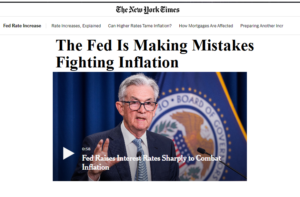
Superman isn’t coming to the rescue, so it’s up to “We the People” to save ourselves. This is largely because politicians only care about donors once they get into office, and they make decisions that work against the best interests of voters in every district. Although we wanted to launch before now (July 4th), new threats emerged that forced us to shift our priorities yet again. As such, the threat of a recession, economic collapse, pandemics, the need for affordable healthcare, and jobs that pay fair wages with benefits are among the top issues facing our nation. A proper response to these issues is one that addresses multiple problems at once.
That is exactly what PHIERS is designed to do. Organizing and using existing resources smarter to strengthen the safety net and fill unmet needs is a good start. This plan can reduce healthcare costs and create jobs closer to home that strengthens local communities… which means shorter commutes, less traffic congestion, and a reduction in the demand for gas and CO2 emissions.
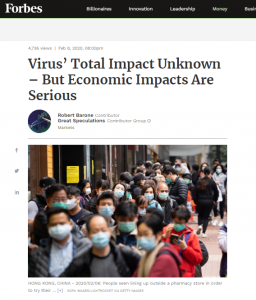
By using existing resources smarter, we can help cities, states, and safety net programs better plan and respond to rising demand. This can be accomplished for a fraction of the cost that is being charged to taxpayers, consumers, and the bottom 90% of earners in the U.S.
Working together, we can prove that the power of the people is stronger than the people in power when we organize, work as a team and buy as a group. In this way, we can help consumers get better deals for lower costs while using the savings to create jobs that will strengthen the safety net. In this way, we can improve population health and help people of all walks of life, without regard for issues that divide.
A primary goal of PHIERS.org is to help people shift their focus away from issues that divide us toward that which serves our common good. This includes creating jobs that protect the health, safety and the well-being of local communities. It will help us care for more people at lower costs while laying the foundation for universal coverage and affordable care close to home, nationwide.
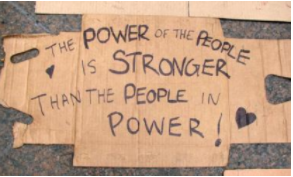
Since the Administration has signaled future cuts to entitlements and government-funded services, the time to act is “Now!”. It is clear that the need for better-coordinated care and support services will rise as the population ages and as climate change and inequality take their toll. Overcoming resource constraints, strengthening the safety net, improving coordination and eliminating silos is the hallmark of a collective impact model called PHIERS (Public Health Information Exchange and Referral Service).
PHIERS is a catalyst for positive change and the core of a health reform success story in the making. Our multi-pronged approach to problem-solving can help cities and states better address the top issues facing society, in a timely and sustainable manner.
In less than 6 months, this plan can improve performance, capacity, and community health, through free membership in PHIERS.org. Together we can lay the foundation for Medicare For All or something better, for a fraction of projected costs. This can improve health and save time while serving more people and strengthening the safety net, without requiring an act of Congress or huge upfront investments.
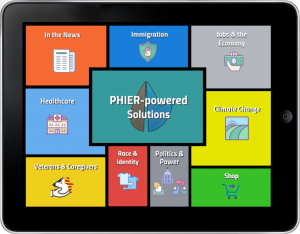 In this way, our plan addresses multiple problems at once in ways that will benefit people of all walks of life, without regard for issues that divide. Moreover, it gives the American people a reason to come together, to protect shared interests while working together to complete what has been undone or privatized at taxpayer expense. This is how PHIERS can breathe new life into the American Dream, without increasing taxes, raising the deficit or requiring legislation.
In this way, our plan addresses multiple problems at once in ways that will benefit people of all walks of life, without regard for issues that divide. Moreover, it gives the American people a reason to come together, to protect shared interests while working together to complete what has been undone or privatized at taxpayer expense. This is how PHIERS can breathe new life into the American Dream, without increasing taxes, raising the deficit or requiring legislation.
To get the ball rolling, we have three membership drives:
- PHIERSale – Group purchasing plan and marketplace
- PHIERworks – Sustainable jobs training and placement program
- PHIERplace – Tools and resources for community organizations and safety net programs
Once enough people sign up, we can begin organizing and coordinating our response at the local, regional and national levels and beyond. This will give us leverage for negotiations on behalf of our members. Once we’re up and running, we can help safety net programs collaborate on behalf of shared interests (patients, interventions, communities).
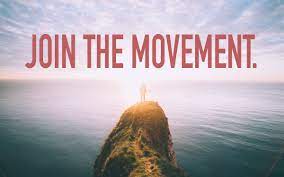
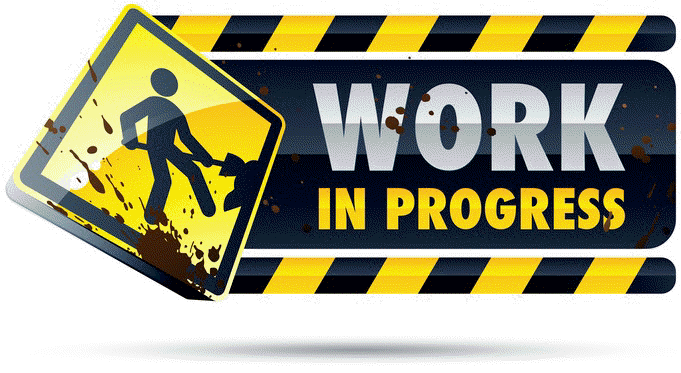
Follow Us!